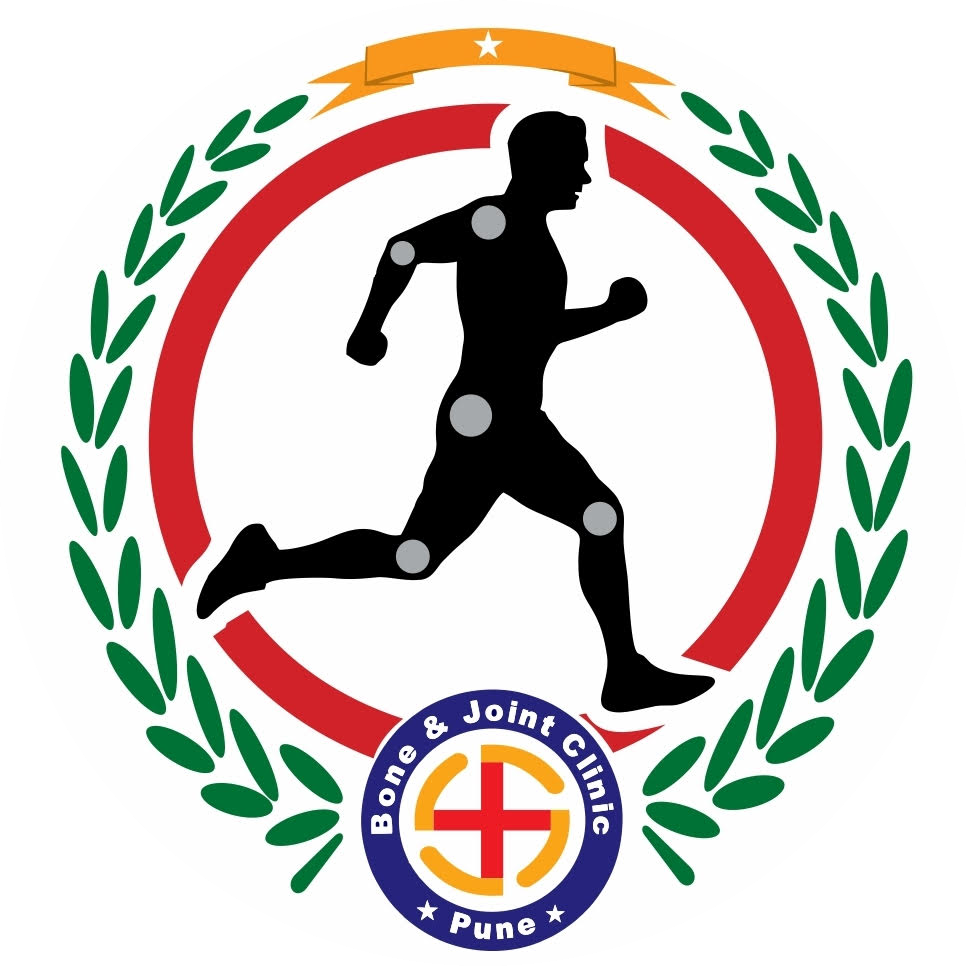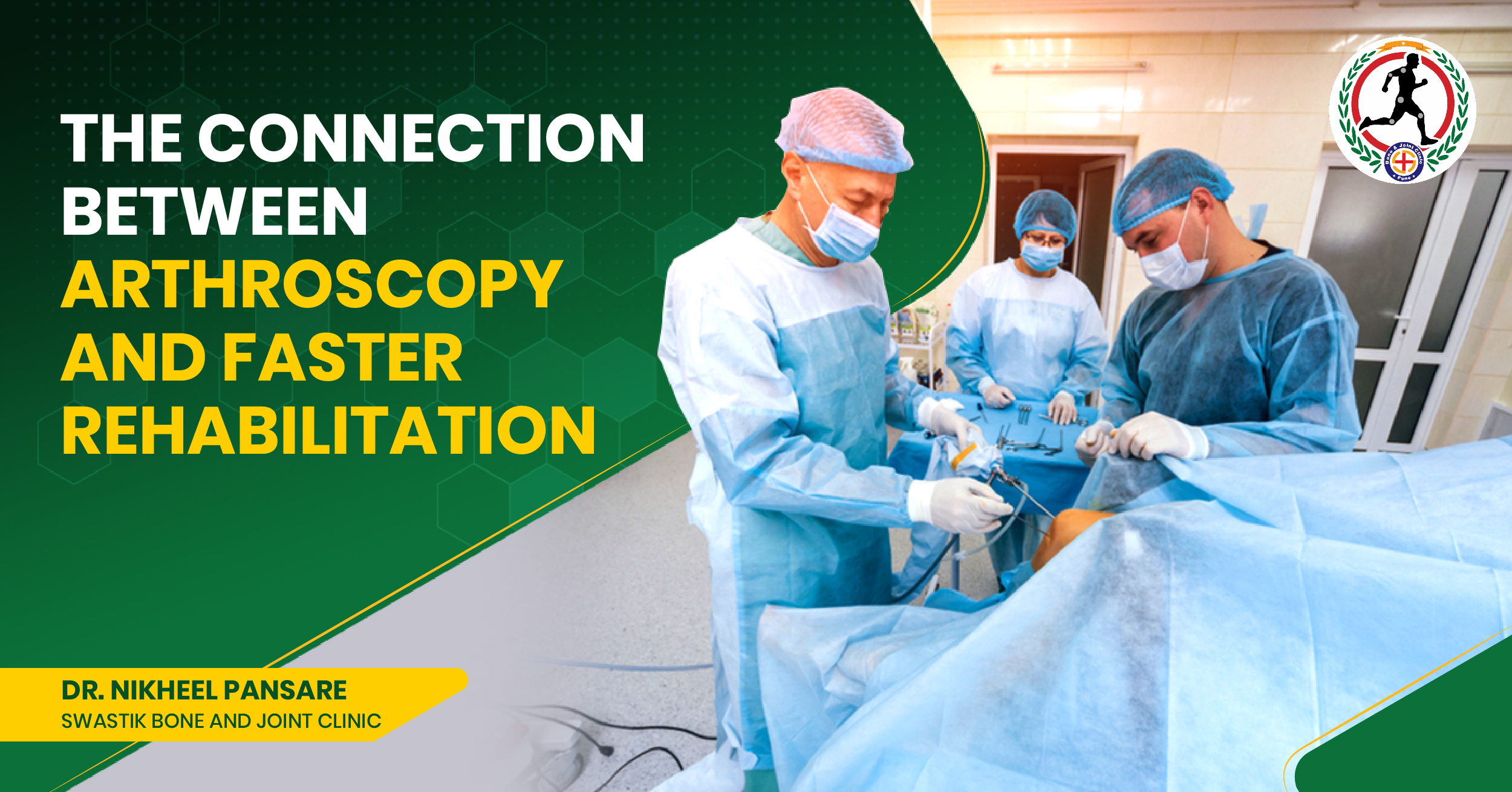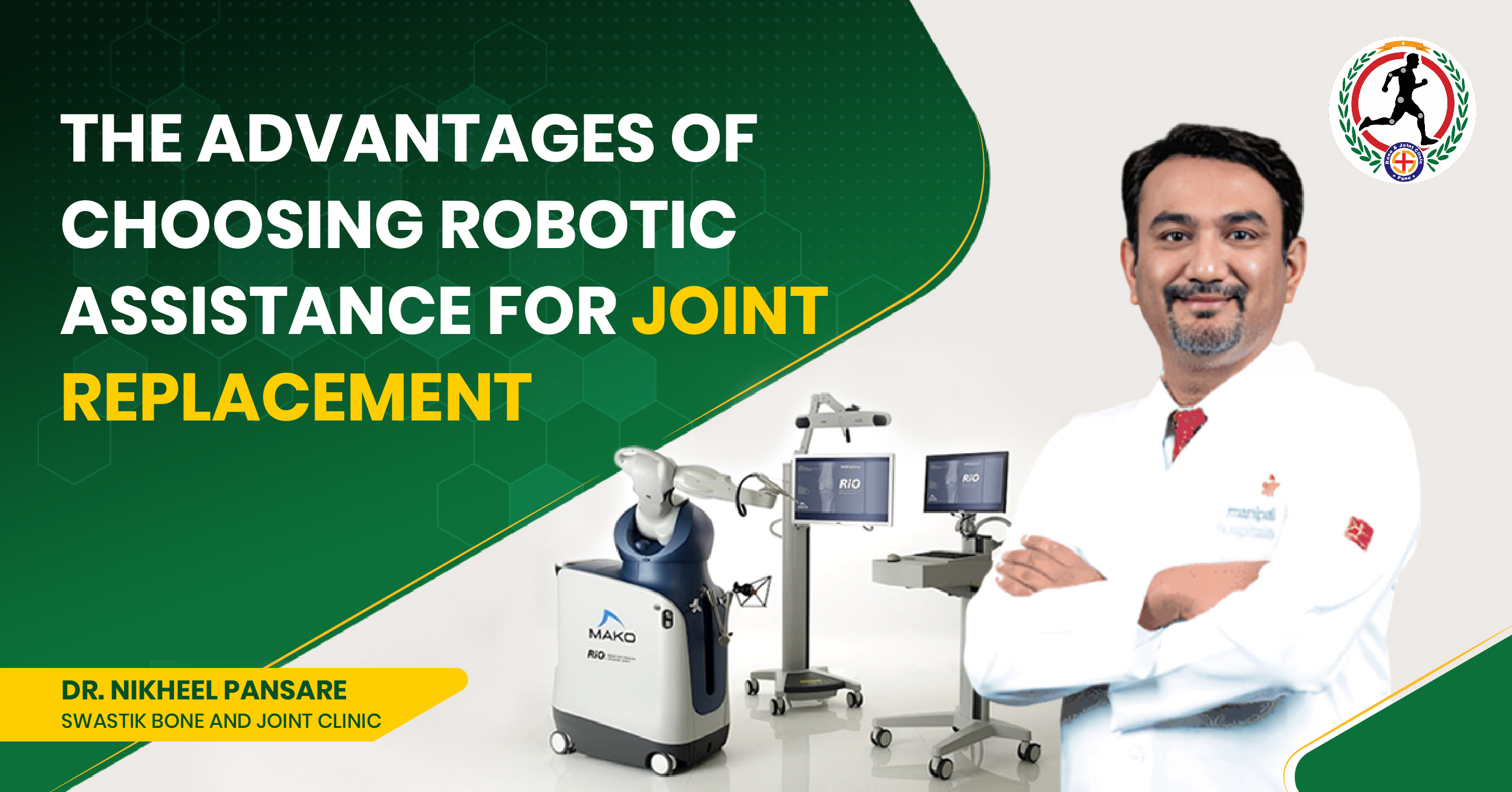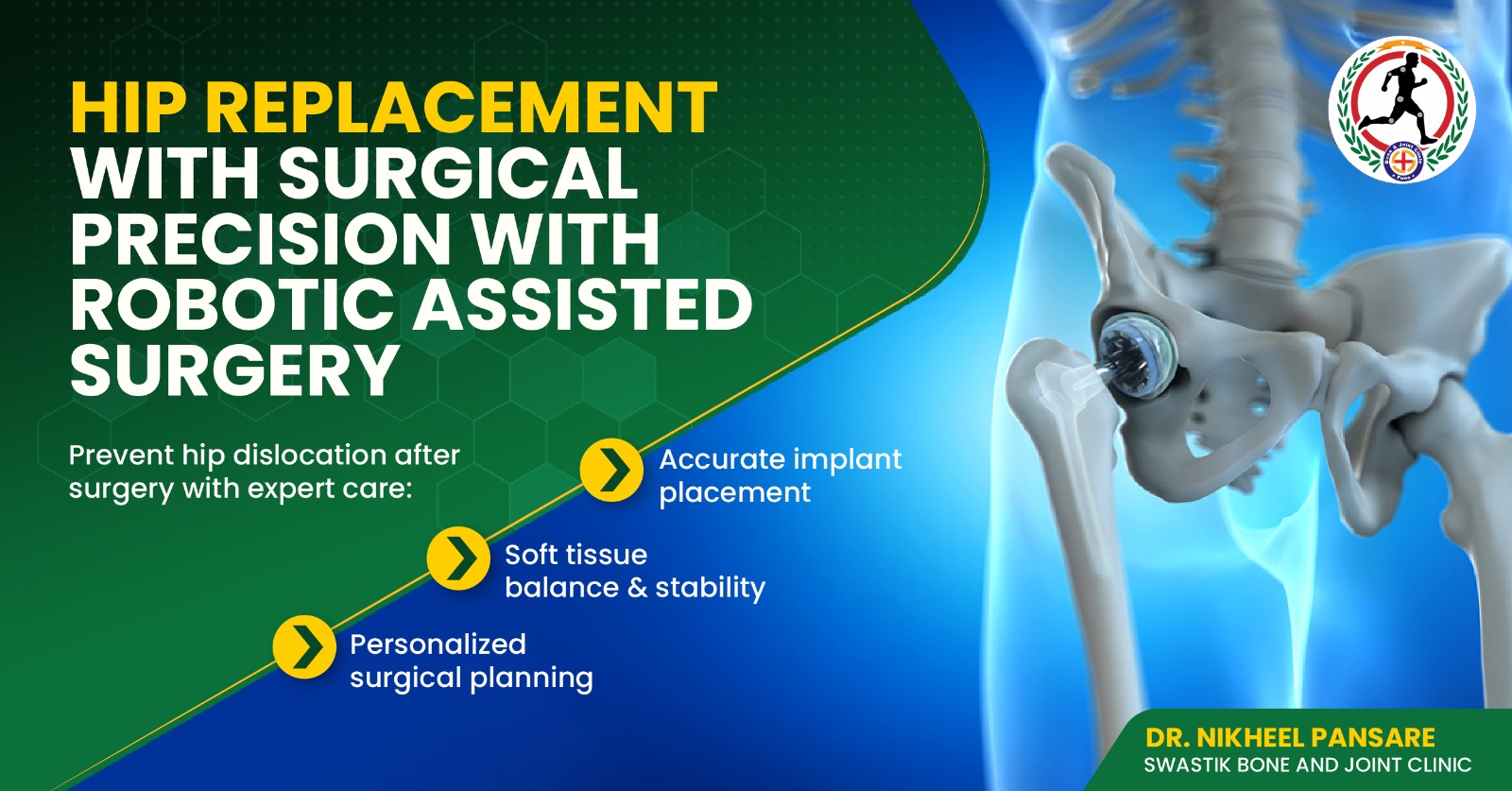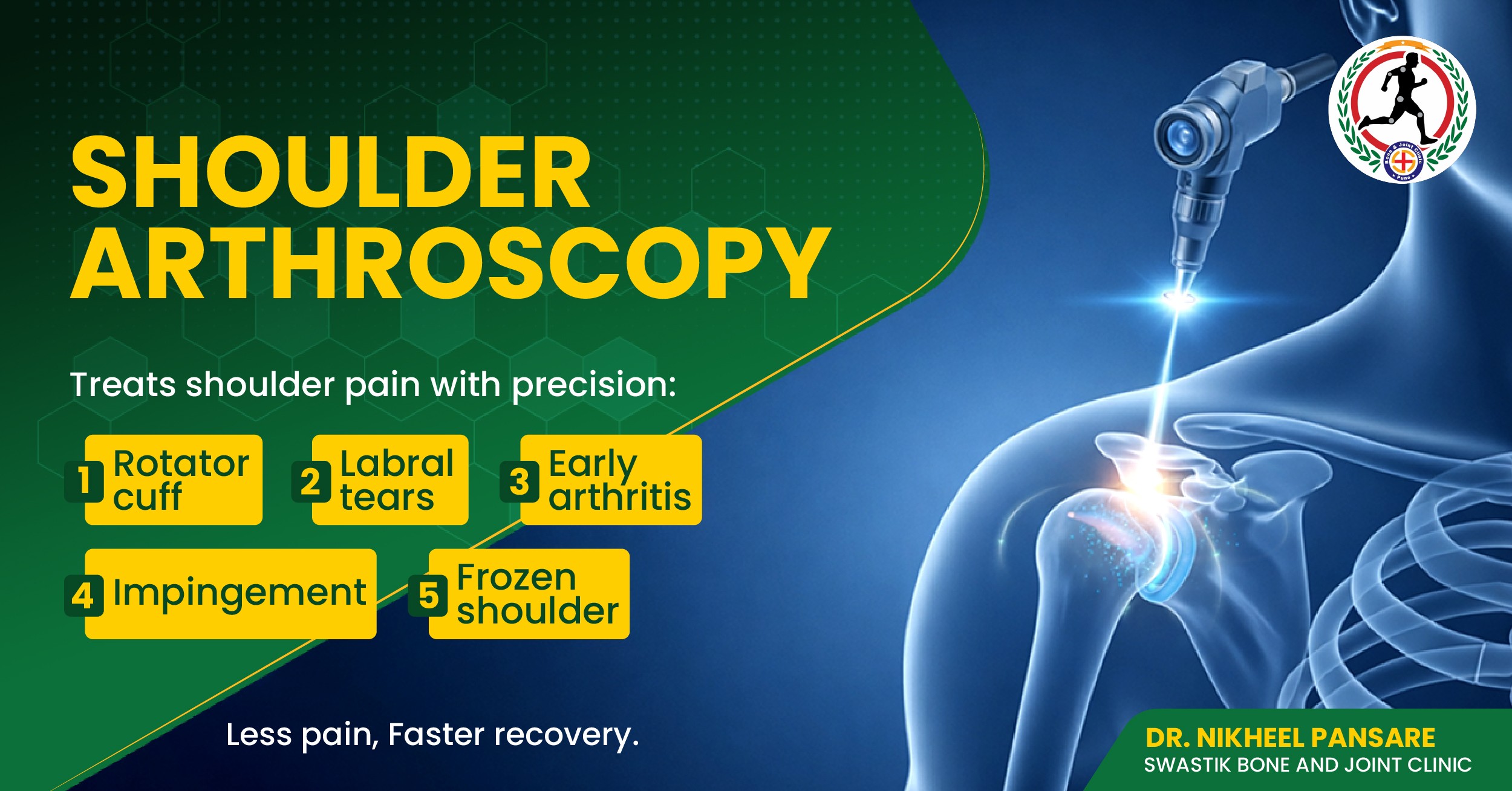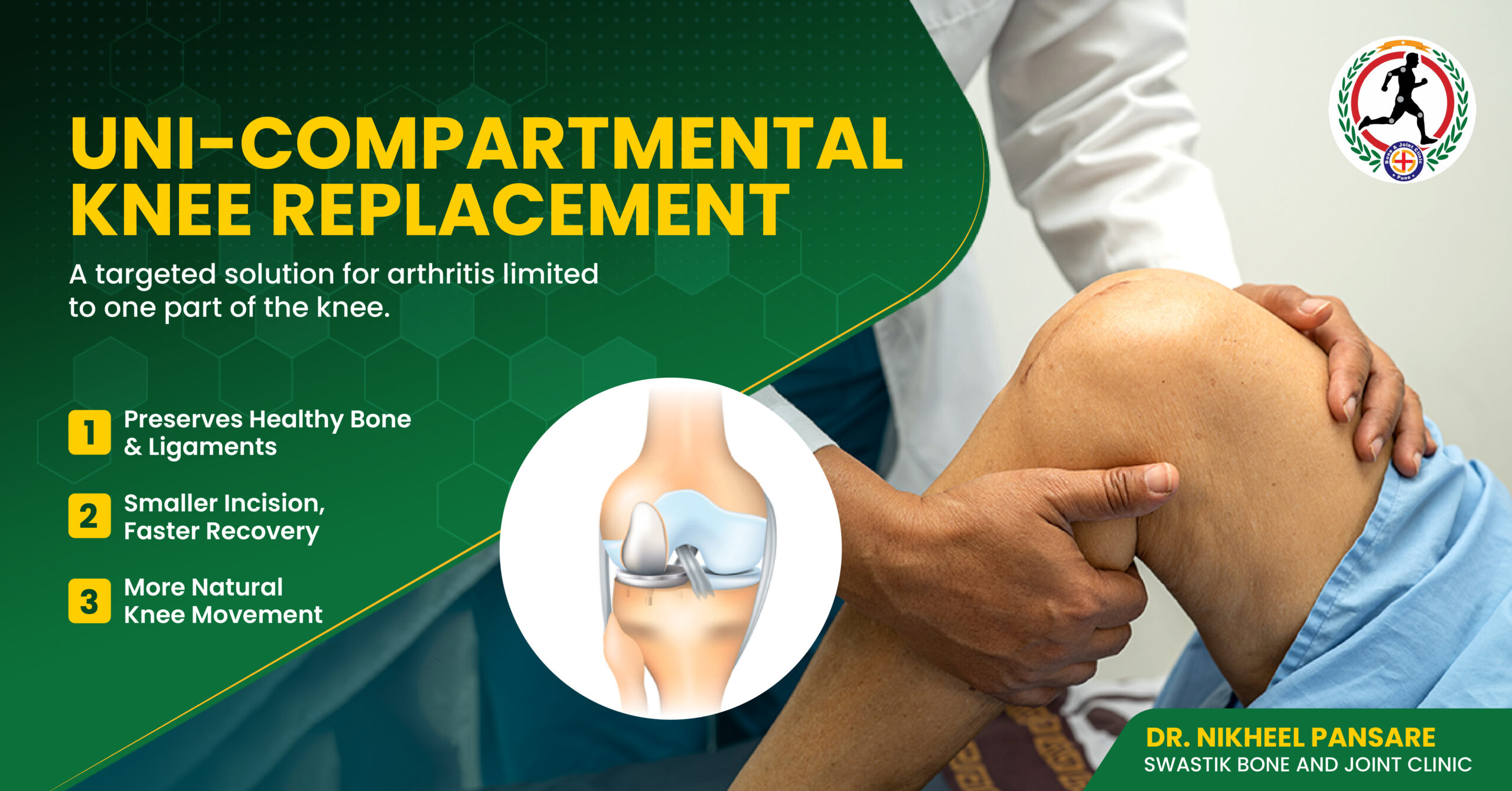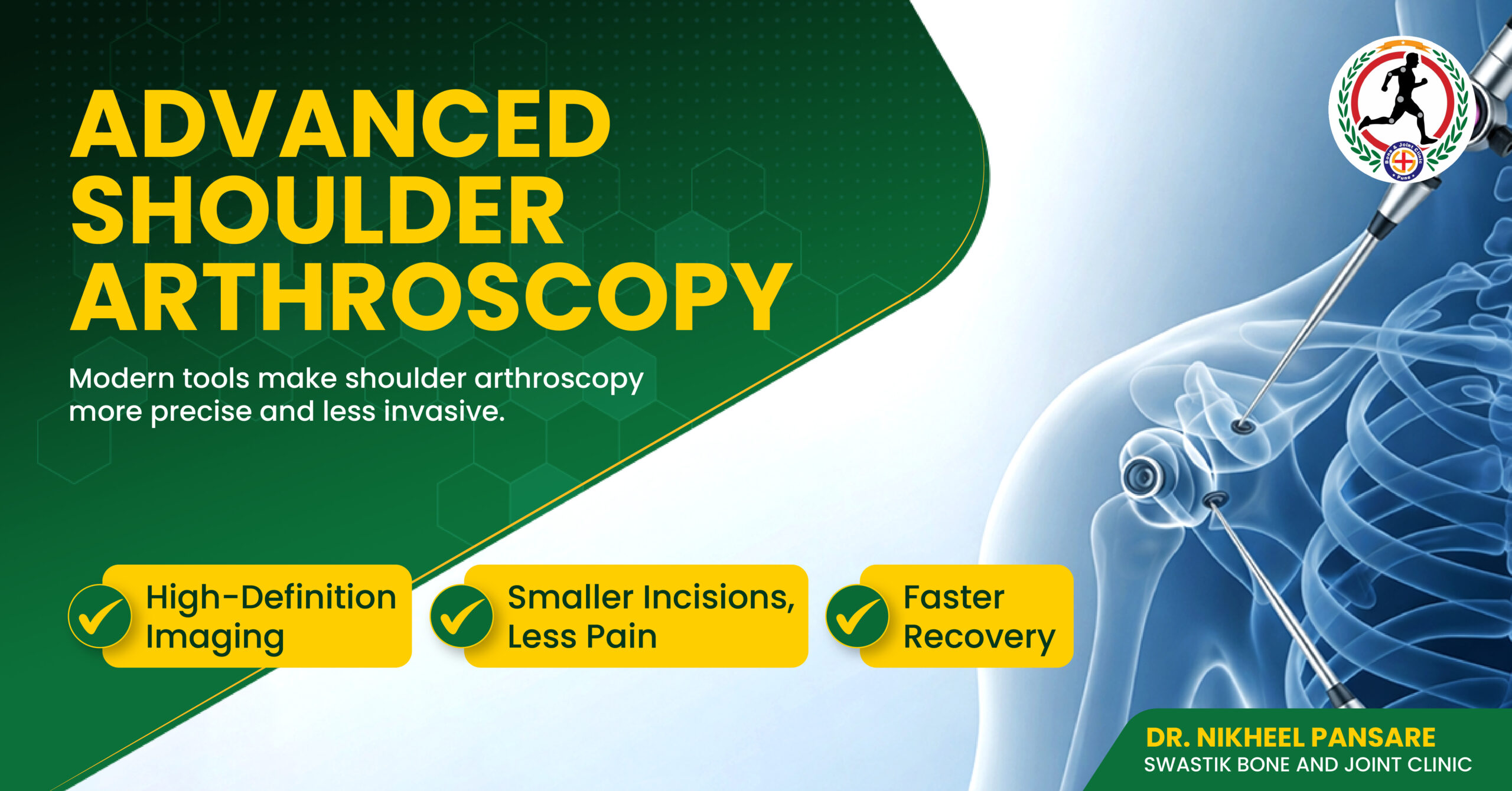Diet and Nutrition Tips for Hip Replacement Surgery Recovery
Undergoing hip replacement surgery is a significant step toward regaining mobility and eliminating chronic pain. While your hip replacement surgeon in Kharadi ensures the procedure itself is expertly performed, proper nutrition plays a crucial role in how quickly and smoothly you recover. At Swastik Bone & Joint Clinic, our team—led by the Best hip replacement surgeon in Kharadi and supported by the best orthopedic doctors in Kharadi—recommends these diet and nutrition tips to help you heal faster, reduce complications, and rebuild strength.1. Prioritize Protein for Tissue Repair
Protein is the building block of muscle and connective tissue. After surgery, your body needs extra protein to repair the surgical site and strengthen the muscles around your new joint. Aim for:- Lean meats: chicken, turkey, and fish
- Plant-based proteins: beans, lentils, tofu, and quinoa
- Dairy or alternatives: low‑fat yogurt, cottage cheese, or fortified soy products
2. Boost Bone Health with Calcium and Vitamin D
Although your hip implant replaces damaged joint surfaces, healthy surrounding bone is essential for implant stability. Include:- Calcium-rich foods: milk, yogurt, cheese, kale, and broccoli
- Vitamin D sources: oily fish (salmon, mackerel), fortified cereals, and safe sun exposure
- Supplements: if dietary intake falls short, ask your best orthopedic doctor in Kharadi about calcium and vitamin D supplements.
3. Emphasize Anti-Inflammatory Nutrients
Inflammation is a natural part of healing but excessive inflammation can prolong pain and swelling. Incorporate:- Omega‑3 fatty acids: found in flaxseeds, chia seeds, walnuts, and fish oil
- Antioxidant-rich fruits & vegetables: berries, cherries, spinach, and bell peppers
- Turmeric & ginger: stir into soups or teas for their natural anti-inflammatory compounds
4. Stay Hydrated for Optimal Healing
Hydration supports nutrient transport, waste removal, and joint lubrication. Aim for at least 8–10 glasses of water daily, adjusting up if you’re more active in physical therapy. Herbal teas and clear broths count toward your fluid intake as well.5. Manage Blood Sugar Levels
Stable blood sugar promotes steady energy and reduces the risk of post‑operative infection. Focus on:- Complex carbohydrates: whole grains, sweet potatoes, oats
- Fiber: legumes, vegetables, and whole fruits (not juice)
- Small, frequent meals: to avoid spikes and crashes
6. Limit Empty Calories and Inflammatory Foods
Avoid foods that contribute little nutrition or increase inflammation, such as:- Processed snacks: chips, cookies, and pastries
- Sugary drinks: sodas and sweetened teas
- Excessive saturated fats: fried foods and high‑fat dairy
